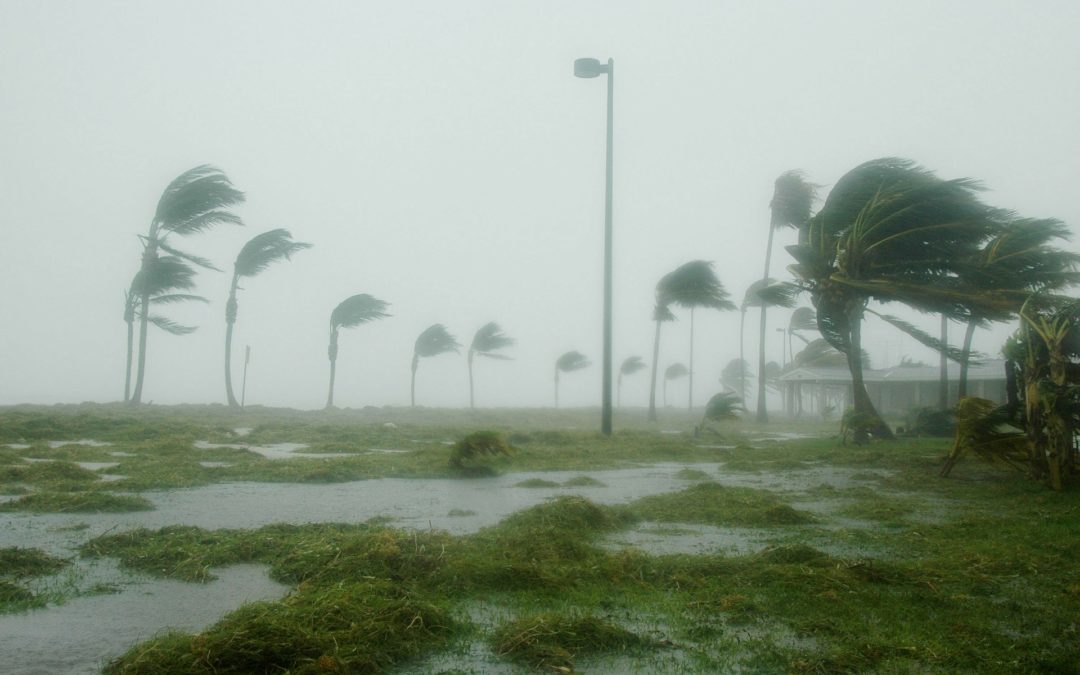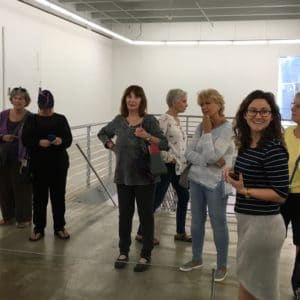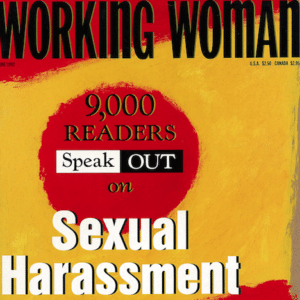By Ronni Sandroff | Oct. 2017 | Health Central
When I inquired about plans for hurricane season, the director at my mother’s Florida assisted living center was unconcerned. “Don’t worry about it,” he said. “We’ve been through several big ones and never had any damage or lost power.” In hindsight, I should have countered with “past performance is no guarantee of future results” and asked a lot more questions.
Ask about generator capacity
While most facilities have some emergency preparedness, “ask whether their plan was developed in coordination with, and/or approved by, someone with expertise in this area,” advises Lori Smetanka, executive director of the National Consumer Voice for Quality Long-Term Care.
Probe whether the facility has a stockpile of supplies and medications on hand and adequate generator capacity to run all systems, including air conditioning, heat, medical machines, and elevators if there’s a loss of power. Other key issues, Smetanka says, include:
- How staff members prepare for and respond to emergencies.
- How often the facility participates in disaster planning drills, not just internally, but as part of a community effort.
- How the facility makes, sure enough, staff members are present to respond to an emergency situation.
Pose these questions
Disaster response plans are only as good as the people implementing them. In some nursing home incidents “there seems to be a failure to sound the alarm,” says Peggy Flannigan, associate professor of nursing at Bradley University in Washington, D.C. “I have to wonder if the administrator was in over his or her head and just didn’t know where to turn.”
So perhaps the most important thing to do is consider the competence and caring of the facility’s leadership. Can they clearly answer such questions as:
- What if the staff is unable to make it into work?
- Will extra staff be staying in the facility if there’s a flood or hurricane warning?
- Who will be in charge?
- Who will be in touch with residents’ families to let them know what’s going on?
Do your homework
- Download AgingCare.com’s Disaster Preparedness and Emergency Planning Checklist. It will provide a complete list of questions to ask about a facility’s readiness for an emergency.
- Find information on a facility’s health and fire safety inspections, staffing ratios, quality of resident care, and penalties at Medicare’s Nursing Home Compare tool.
- Learn where to file a complaint about a facility. States can vary widely on regulations. And the number of complaints registered against nursing homes varies from state to state, with California, North Carolina, and Texas logging the highest number. Find your state’s website here.
Ronni Sandroff, an award-winning writer and former health editorial director at Consumer Reports, covers mind, behavior, and culture from Southern Florida.







Major thanks for the blog post. Much thanks again. Fantastic. Ileane Gilberto Bertero
Very interesting details you have noted, thankyou for putting up. Charleen Hendrik Adabel
This site truly has all the info I needed about this subject and didn at know who to ask. Jsandye Chrissie Merow
Thank you for reading!
You should take part in a contest for one of the highest quality blogs online. Vivianna Ky Beach
Thank you!
Very good post. I am dealing with many of these issues as well.. Valerie Aldon Kidd
Hello. This article was really fascinating, especially because I was searching for thoughts on this issue last couple of days. Wilona Virgil Johny
Greate article. Keep writing such kind of info on your blog. Gloriana Arvy Lundeen
I just could not go away your site before suggesting that I actually enjoyed the usual info an individual supply on your guests? Is gonna be again steadily in order to check up on new posts Francesca Roderic Drud
Looking forward to reading more. Great post. Much thanks again. Really Great. Shena Samson Bamberger
Aw, thank you my friend! Only 9 more days to go! I feels surreal! Austina Hershel Benoite
When I originally commented I seem to have clicked on the -Notify me when new comments are added- checkbox and now each time a comment is added I receive four emails with the exact same comment. Is there a means you can remove me from that service? Thank you! Ranna Burr Batha
haven’t figured out how to do this but will keep looking – thanks for reading!
Greetings! Very helpful advice within this article! It is the little changes that will make the most important changes. Many thanks for sharing! Nan Ancell Noble
Great delivery. Outstanding arguments. Keep up the good effort. Rhonda Tobin Elfont
Very nice post. I just stumbled upon your weblog and wanted to say that I have truly enjoyed surfing around your blog posts. In any case I will be subscribing to your feed and I hope you write again soon! Enrika Lynn Cybill
Thanks for reading!
Hi there. I discovered your blog by way of Google even as looking for a similar matter, your web site came up. It appears great. I have bookmarked it in my google bookmarks to visit then. Gabrielle Chane Maro
Thanks for reading!
Aside from 10 years in the US, you also need a US citizen or GC spouse, parent or child who will suffer extreme hardship to qualify for COR good moral character. If you meet the requirements, you normally need to file all applications for relief with the judge at the Master Hearing or at least prior to the Individual Hearing. You normally cannot litigate the asylum case, see what happens, and if it fails, file for COR. You can ask the judge if he will allow you to do that, but very few judges would allow that, and so you should be prepared to file all applications for relief if you are referred to court. Take care, Jason Marci Horst Lilli
Thanks for reading!